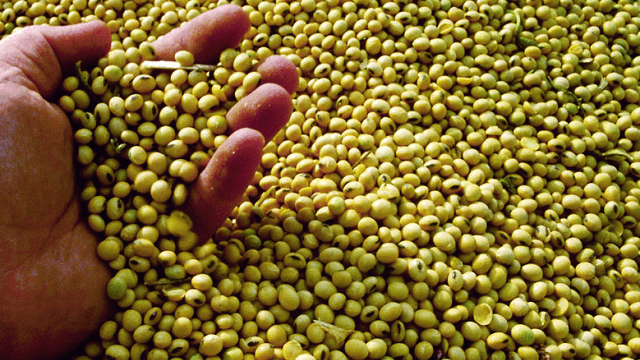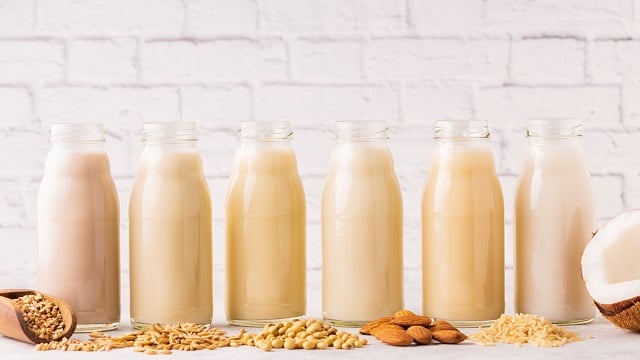Extracting more value out of your vegetable protein plant
If you are running a vegetable protein plant or planning to build a new one, you might benefit from recovering valuable vegetable proteins from your waste streams. The timing to consider these opportunities might be just right. Industry forecasts suggest that the plant-based protein market will grow by about 6% year on year to a EUR 13.4 (USD 16.3) billion global market by 2025.
DATE 2023-11-28Traditionally soybean has been popular as a source of high-quality food protein. Today, as population steadily grows and urbanization intensifies, the focus has shifted from soya to other plant-based potential sources of valuable protein.
To capture a larger share of growing plant-based protein market, take a look at how you process your current and potentially new oilseed and starch crops. There might be additional opportunities to extract high-value protein from novel feedstocks or waste streams that end up as low-value by-products like meal for animal feed.
A recent study, for instance, showed that meal by-product from sunflower seed processing contained up to 32% protein that can be recovered for use in consumer food products instead of being used for low-value animal feed. On the other side of the spectrum there are upcoming starch feedstocks, such as yellow pea with a protein content of around 25%. These can be used not only for producing food-grade protein, but also for food-grade starch and fibres.
Vegetable protein producers may also find it worthwhile to investigate current protein-based side streams such as the whey. This liquid stream contains proteins, sugars and fibres that can be recovered and reused. For instance, whey is a great source of lactose, peptides and glucose.
Turning oilseed crops, such as soybean, rapeseed and sunflower seed, and starch crops, including pea, chickpea, fava bean and mung bean, into high-quality proteins for food and feed requires know-how.
Take advantage of comprehensive, energy-efficient solutions for plant-based protein processing systems from Alfa Laval. From oilseed and starch protein extraction, isolation and purification through to process water recovery, and wastewater treatment, you will discover a sound and sustainable approach to meeting the growing global demand for meat substitutes.
Designed with hygiene in mind, Alfa Laval process lines include hygienic equipment and components. These range from pumps, valves, pipes and fittings to decanters, high speed centrifuges, evaporators and membrane modules. Furthermore, each line can be equipped with a tailor-made, fully automatic and highly efficient Cleaning-in-PIace system. Put simply, Alfa Laval has most everything you need to succeed in getting the most out of your vegetable protein feedstocks.
Learn how Alfa Laval can help you maximize value from your vegetable protein processes and minimize waste here.
Broad portfolio for processing edible proteins
With a focus on the wet fractionation process, Alfa Laval has a broad portfolio of systems for processing plant-based proteins. Whether you need reliable standalone equipment to integrate into your existing lines or complete customized production lines, Alfa Laval delivers equipment and systems for oilseed and starch protein extraction, isolation and concentration, including:
- Slurry preparation
- Protein extraction, separation and purification
- Pasteurization systems
- Fibre and starch separation and purification
- By-product recovery
- Wastewater treatment and water recovery



